Should I be spraying for prevention
dmoore66_gardener
11 years ago
Related Stories

MATERIALSInsulation Basics: What to Know About Spray Foam
Learn what exactly spray foam is, the pros and cons of using it and why you shouldn’t mess around with installation
Full Story
WINDOW TREATMENTSA Surefire Way to Prevent Sun Damage Indoors
Why let light ruin your furniture, floors and artwork, when the solution could be as simple as applying high-quality window film?
Full Story
RUGSPrevent Slips and Floor Damage With the Right Rug Pad
Here's what to know about sizes, materials, costs and maintenance of this important companion to your area rugs
Full Story
REMODELING GUIDES5 Remodeling Monkey Wrenches and How to Prevent Them
Avoid delays and cost overruns by planning certain parts of a home remodel extra carefully. We show you which ones and how
Full Story
FEEL-GOOD HOME12 Very Useful Things I've Learned From Designers
These simple ideas can make life at home more efficient and enjoyable
Full Story
DIY PROJECTSDining Set Makeover: Paint and Tea-Tinted Fabric Make Old Chairs New
Reclaim dated dining chairs for far less than buying new, using spray paint, modern fabric and a handful of tea bags
Full Story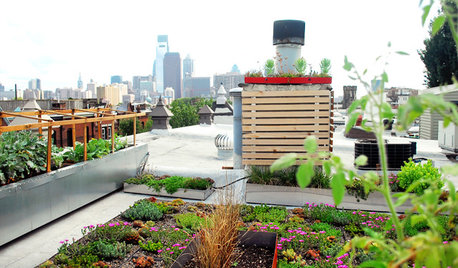
HOME INNOVATIONSNow Approaching the Emerald City
Urbanites are spraying moss graffiti on walls and covering roofs in plants — and city regulators and designers are supporting the cause
Full Story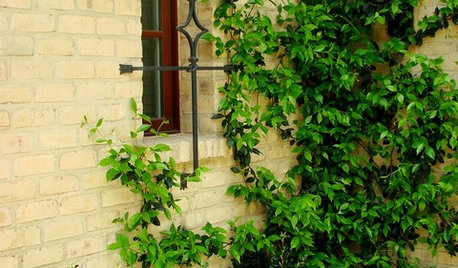
LIFEHow Your Landscaping Can Keep Burglars Away
Prevent home break-ins with strategic landscaping and good practices instead of menacing — and maybe less effective — measures
Full Story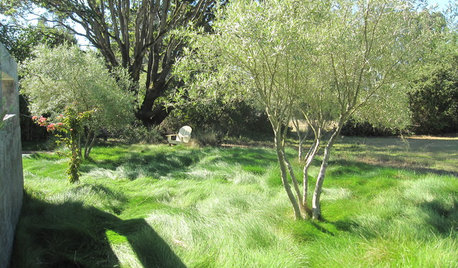
GARDENING AND LANDSCAPING7 Ornamental Grasses for Coastal Gardens
These hardy seashore plants evoke the ocean, sway in the breeze and help prevent sand erosion in the landscape
Full Story
MOST POPULARHow to Get Rid of Those Pesky Summer Fruit Flies
Learn what fruit flies are, how to prevent them and how to get rid of them in your home
Full Story





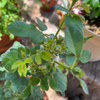
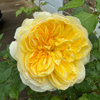

michaelg
henry_kuska
Related Professionals
Windham Landscape Architects & Landscape Designers · Rancho Palos Verdes Landscape Architects & Landscape Designers · Summit Landscape Architects & Landscape Designers · Bristol Landscape Contractors · Farmington Landscape Contractors · Huntington Landscape Contractors · Leicester Landscape Contractors · Mount Sinai Landscape Contractors · North Highlands Landscape Contractors · Oak Harbor Landscape Contractors · Saint John Landscape Contractors · Thornton Landscape Contractors · Markham Landscape Contractors · Merrifield Landscape Contractors · Clearfield Landscape Contractorsdiane_nj 6b/7a
dublinbay z6 (KS)
bart_2010
dmoore66_gardenerOriginal Author
zack_lau z6 CT ARS Consulting Rosarian
diane_nj 6b/7a
spiderlily7
diane_nj 6b/7a
zack_lau z6 CT ARS Consulting Rosarian
spiderlily7